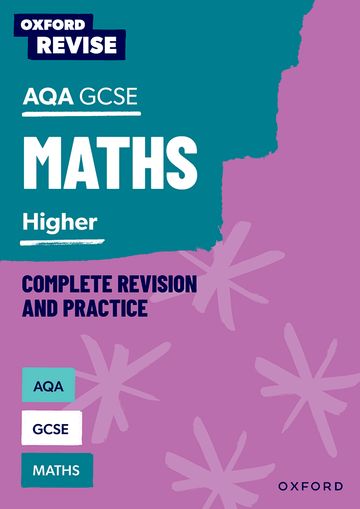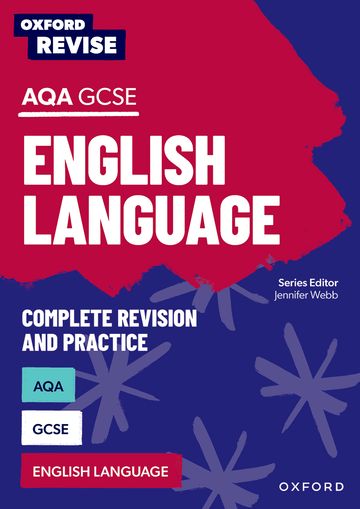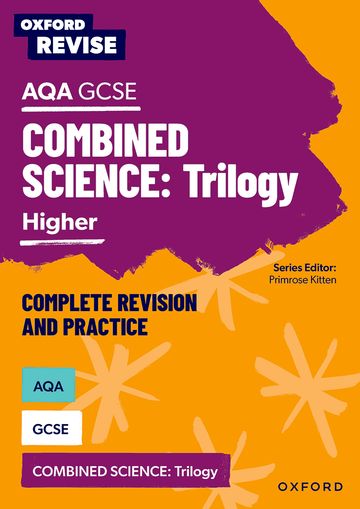Effective History Revision
Get organised, be realistic and think positive! Aaron Wilkes shares tips for how to create a revision routine to set you up for exam success.
Planning your revision
First things first – it’s important that the revision process doesn’t start when the course ends! Realistically, you might not be revising throughout the whole GCSE course, but when you get to your final year, you need to get organised….so create a revision timetable (and stick to it). Revision shouldn’t just happen in the final few weeks! The best way to keep on top of the stress is to be organised.
When thinking about planning your revision, keep these things in mind:
-
- Be realistic: revise in regular, small chunks of around 30 minutes. Reward yourself with 10-minute breaks – you will be amazed how much more you’ll remember.
- Positive thinking: motivate yourself by turning your negative thoughts to positive ones. Instead of thinking “why can’t I remember this topic at all?’, ask yourself “what different techniques can I try to improve my memory?”
- Organise: make sure you have everything you need – an Oxford Revise revision guide, coloured pens, index cards, sticky notes, paper, etc. Find a quiet place where you are comfortable. Divide your notes into sections that are easy to use.
Use a variety of revision techniques
It is important to use a variety of revision techniques that help you retrieve information and apply it to exam questions:
-
- Make flash cards, using both sides of the card to test yourself on key figures, dates, and definitions.
- Create memory maps or spider diagrams can be an excellent way of reviewing information. Use colours and small images to make the information memorable. Memory maps or diagrams are a good way of connecting different pieces of information. Draw lines between people or events and write on that line, why or what links them.
- Draw sketches, doodles, and pictures to help make facts memorable. You do not have to be a good artist to do this!
- Find a ‘study buddy’. Having someone test you on your notes and revision is an excellent way of seeing how much you remember, understand, and still have to learn. Brief oral test sessions of about 10 minutes are best.
- Create mnemonics – they are useful memory devices which can help you recall lists of causes and consequences, a sequence of events or actions. Identify the keywords for the topic. Write them out. Rearrange them so that the initial letters spell something you can remember.
- Practise: ask your teachers for practise questions or past papers.
Stepping it up for exam season
And finally, as the exams approach (perhaps in the final month):
-
- Identify your weaknesses: which topics or question types are easier, and which are more challenging for you? Schedule more time to revise the challenging topics or question types
- Understand your mark scheme: review the mark scheme for each exam question, and make sure you understand how you will be marked
- Continue to practice all exam question types, but particularly the essay questions (because these are worth lots of marks). The Oxford Revise series shows you every type of exam question – with tips on answering. For longer, essay answers, always plan your answer. Jot down a few points to give a shape to your answer. Practise planning answers to questions.
- Time yourself: practise making plans and answering exam questions within the recommended time limits
- Rest well, eat well: make sure your phone and laptop are put away at least an hour before bed. This will help you rest better. And always remember to drink and eat healthily. Avoid too much caffeine or junk food. Water is best – If you are 5% dehydrated, your concentration drops 20%
And finally …
Good luck from everyone in the Oxford Revise team. You’ve got this!
Useful links
Revision books

GCSE Maths books
Revise and practice everything you need to do well in your AQA or Edexcel GCSE Maths exams.

GCSE English Language books
Master the areas that you need to do well in your GCSE English Language exams. You will work through Paper 1 and 2 Reading and Writing questions with clear step-by-step strategies.

GCSE & A Level Science books
Prepare for your biology, chemistry and physics exams with confidence. These revision guides cover everything you need to know to do well in your GCSE and A Level Science exams.